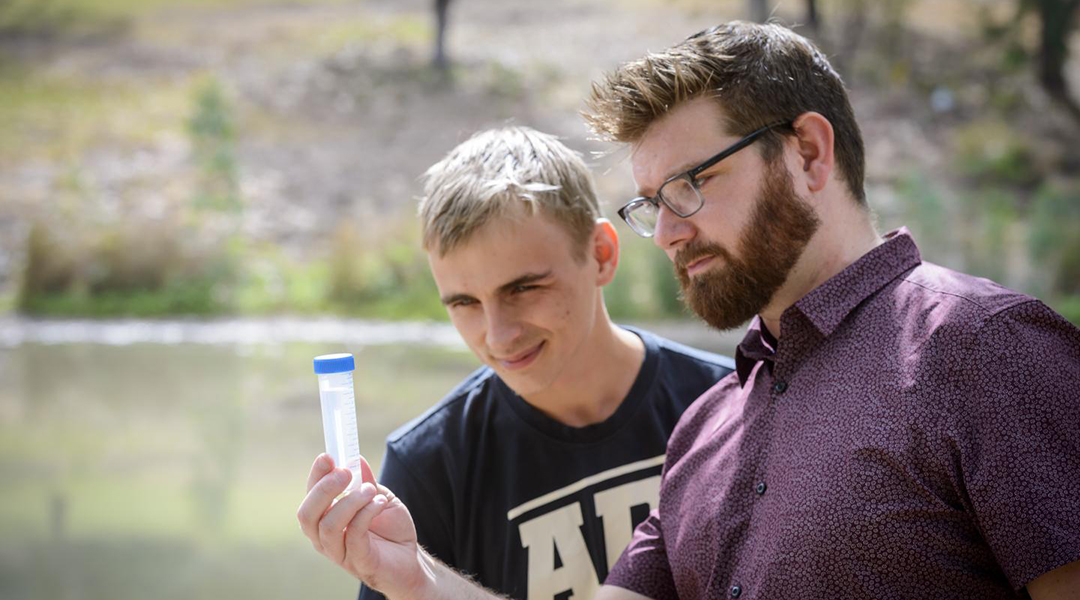Replacing highly toxic phosgene with diphenyl carbonate in polypeptide synthesis.


Replacing highly toxic phosgene with diphenyl carbonate in polypeptide synthesis.

A new eco-friendly perovskite solar cell improves stability and minimizes harmful solvents and lead leakage found in conventional cells.

A new nanoreactor integrates multiple catalysts to carry out multiple reactions in the same pot, streamlining the production of fine chemicals—including urgently needed medicines.

A new class of polymers to clean up mercury pollution that can be produced sustainably on a large scale from elemental sulfur and renewable plant oils.

For the UK to make headway with its ambitious Absolute Zero plan, it calls for an administration that understands the subject and what is needed for its success.

How recent advancements in the developing of photoacoustic contrast agents are creating a better imaging technology.

Researchers reinforced aluminum with polymer waste and obtained a new materials with unexpected material.

University of Guelph researchers found Earth’s agricultural landmass could increase by one-third, including new farming in northern Canada and Russia, but not without environmental impacts.

Flight altitude changes of just 2000 feet could lessen their effect could minimize the harmful effects of aircraft contrails.

Scientists have developed a new method to clean atrazine from drinking water using a new photo-sensitive material and sunlight.